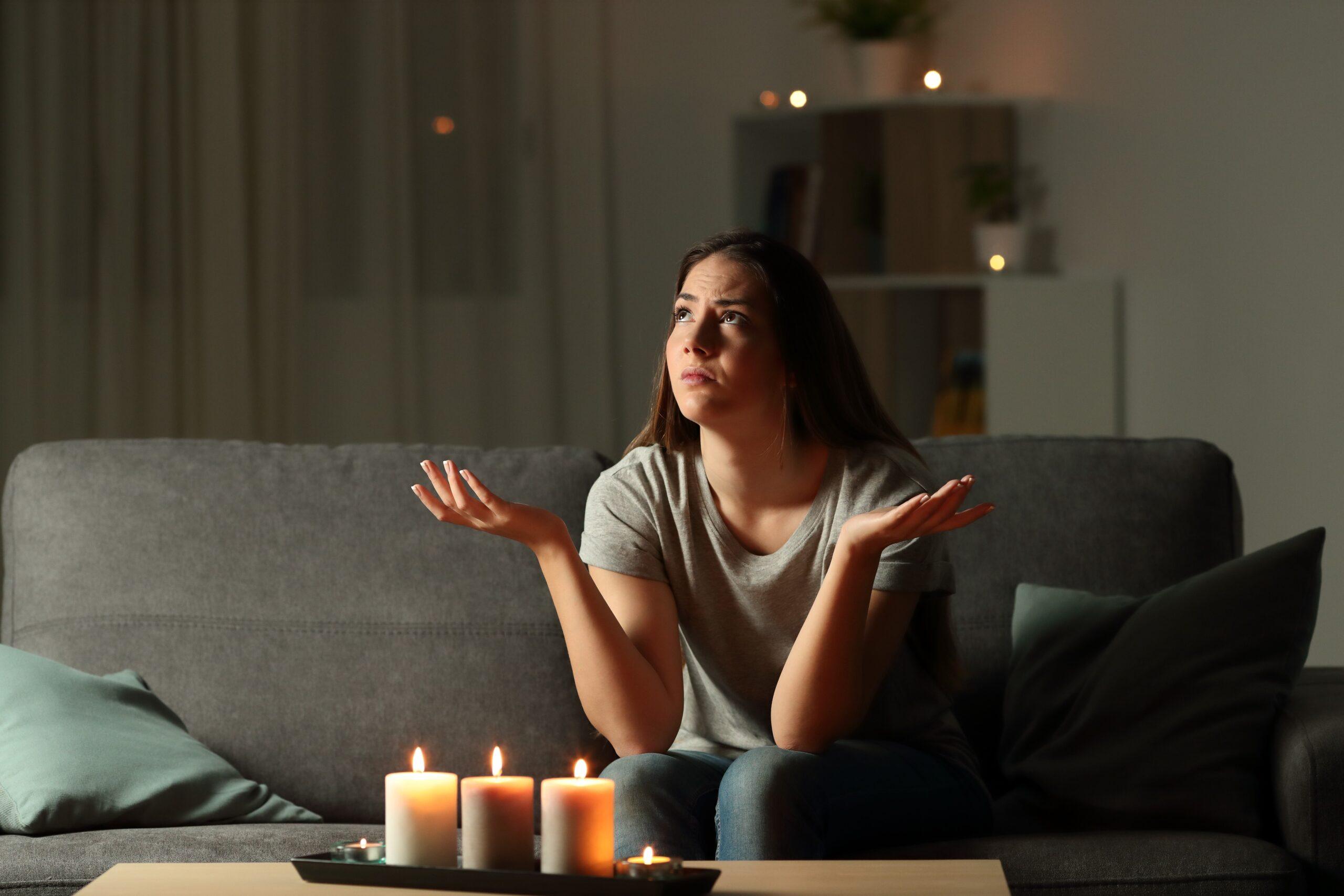Home generators help keep you prepared in case the power goes out. Think of them as insurance in case something goes wrong, and you no longer have electricity in your home. Aside from the inconvenience of losing TV and internet time, temperatures can be challenging in summer or winter and refrigerated, and frozen food can spoil. A home generator keeps the lights, appliances, heating or cooling systems, sump pumps, internet connections, and other necessities running.
Be Prepared for Storm-Related Power Outages
It’s no secret that Kentucky can have stormy weather – with plenty of wind and lightning strikes. They may not happen often but when they do, power can take a hit. Like the storm on March 3, trees unfortunately suffered in the wind, falling on power lines and taking down electrical connections to many homes. While utility company crews worked overtime, many homeowners had to wait several days for their electricity to be restored.
Automobile Accidents Near Power Lines
Automobile accidents can also trigger a power outage in a local radius. In a few seconds, a driver in a speeding vehicle can fail to negotiate a turn, jump a curb, and plow into a utility pole, disabling power lines and control panels. All it takes is a little alcohol, a lapse in attention, or a slippery spot in the road to cause a blackout in a neighborhood or small section of town.
How a Backup Generator Can Benefit You During a Power Outage of Any Origin
A backup generator can ensure you and your family can stay safe and maintain your comfort and safety during a power outage. Depending on your generator and setup, you will be able to supply power for the lights, your HVAC unit, sump pumps, appliances, security systems, and more.
There are two types of generators: the smaller gasoline powered generators you can purchase at a hardware store, or a whole house generator which runs on natural gas connections.
The smaller generators can be a lifesaver yet also be dangerous if you do not strictly follow safety protocols during the set-up. Always follow directions and keep the generator outside, never inside, and at least 20 feet from your home with the exhaust directed away from the house. Make sure your house is outfitted with working (and regularly tested) carbon monoxide detectors that can run on batteries. We recommend a minimum of one on every level of your home, and certainly one in each bedroom. Test each one to make sure it is working before you fire up your generator.
If you opt for a whole house generator, it must be installed by a licensed technician. These units are connected to the natural gas lines of your home, and will automatically kick on when power cuts off. If you are interested in learning more about a whole house generator, give us a call at 502.896.0850!

